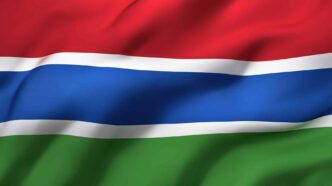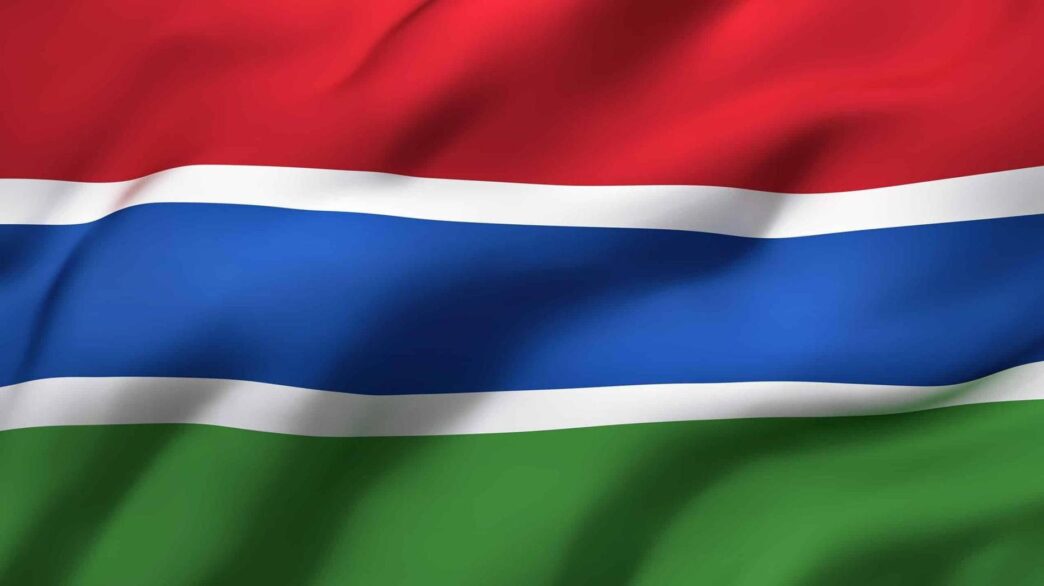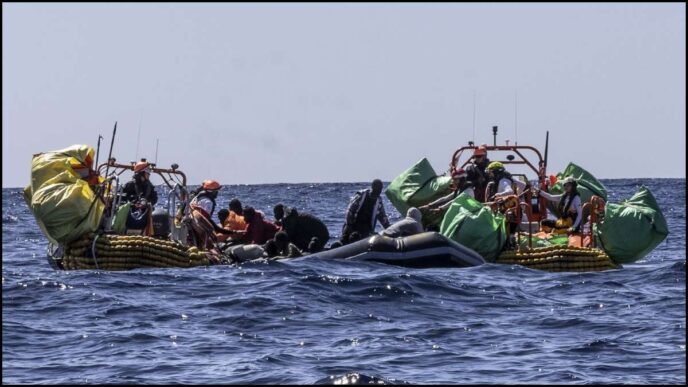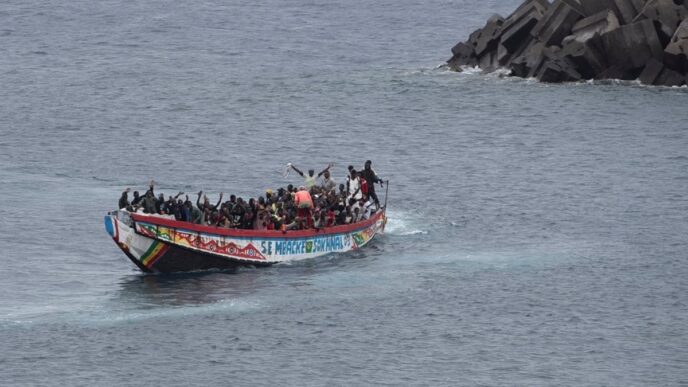The Gambia will hold its next presidential election on December 5, 2026, officials confirmed on Thursday, amid growing criticism of President Adama Barrow’s plan to seek a third term in office.
Barrow shocked many Gambians earlier this year when he announced his intention to run again. Although the 1997 Constitution allows a third term, the move was widely unexpected.
When Barrow assumed power in 2016, many believed that The Gambia would adopt a new constitution introducing presidential term limits.
However, in 2020, lawmakers loyal to him voted down a draft constitution that included a retroactive clause limiting presidents to two terms — a provision that would have disqualified Barrow from running again.

Four years later, the government presented a revised draft constitution excluding that clause, but parliament rejected it again in July 2024.
Barrow’s decision to contest under the National People’s Party (NPP) banner has sparked criticism both within the country and abroad.
The main opposition party, the United Democratic Party (UDP), recently nominated veteran politician Ousainou Darboe as its presidential candidate.
Despite the backlash, Barrow remains the frontrunner for the 2026 poll, as opposition groups have yet to unite behind a single candidate capable of posing a serious challenge.
Announcing the election timetable, Joseph Colley, Chairman of The Gambia’s Independent Electoral Commission (IEC), said the presidential vote would take place on December 5, 2026, with parliamentary elections scheduled for April 10, 2027.
Colley reaffirmed the IEC’s commitment to “transparency, inclusion, and adherence to electoral laws,” urging political parties to comply with registration requirements.
The December election date follows the country’s electoral calendar established under the 1997 Constitution — the same legal framework that allowed former ruler Yahya Jammeh to consolidate his 22-year autocratic rule after his 1994 coup.
Jammeh’s regime was notorious for human rights abuses and large-scale corruption, including the embezzlement of state funds.
He fled to Equatorial Guinea in 2017 after losing the election to Barrow, who was then a political newcomer.


 Trending
Trending 









